Coronavirus In Cats Treatment
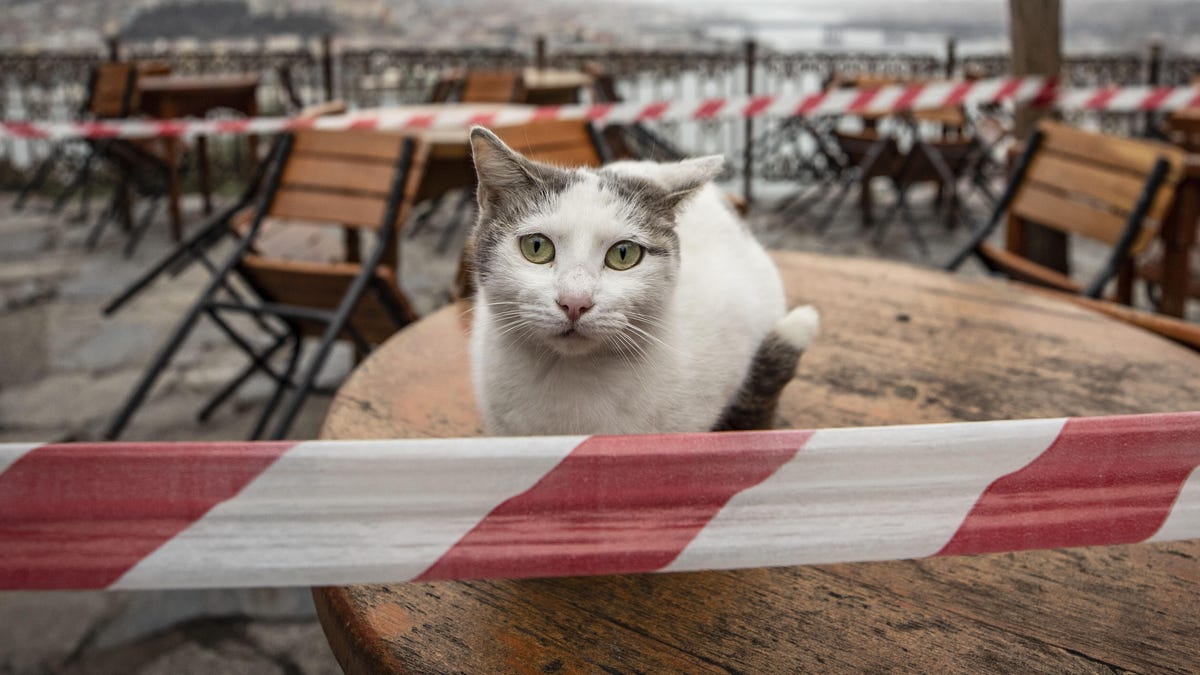
It is the SARS-CoV-2 virus which is behind the global coronavirus pandemic.
Coronavirus in cats treatment. As a precaution it is advised that owners should. Cats domestic and large cats mink and dogs have tested positive for SARS-CoV-2 in the field setting following contact with humans known or suspected to be infected with SARS-CoV-2. As yet poorly understood changes in the virus can give rise to mutants that lead to the development of feline infectious peritonitis FIP.
Treatment of Coronavirus in Cats. In the field setting cats have shown clinical signs of disease including respiratory and gastro-intestinal signs. Most cats do not require treatment but supportive care may be needed if signs are severe.
You should consult your veterinarian to help you decide which treatment option is best for your cat. Feline enteric coronavirus FECV is an enveloped single-stranded RNA virus that is highly prevalent worldwide in domestic cats. It generally causes asymptomatic infection but can cause mild diarrhea.
If you or someone in your household has been diagnosed please treat your pet as you would a family member. Supportive care may be needed in severe cases. Antiviral used to treat cat coronavirus also works against SARS-CoV-2.
Preliminary studies suggest that two drugs that can treat an almost always fatal coronavirus disease in cats might also be effective against the human coronavirus responsible for the pandemic. Feline Coronavirus FCoV is a common viral infection in cats. Given the lack of transmission there are currently no plans to vaccinate cats against COVID-19.
Suggested that a combination of probiotics and interferon may have reduced feline coronavirus shedding in two cats in the same study. Isolate as much as possible to prevent the virus from spreading. Feline coronavirus is a positive-stranded RNA virus that infects cats worldwide.

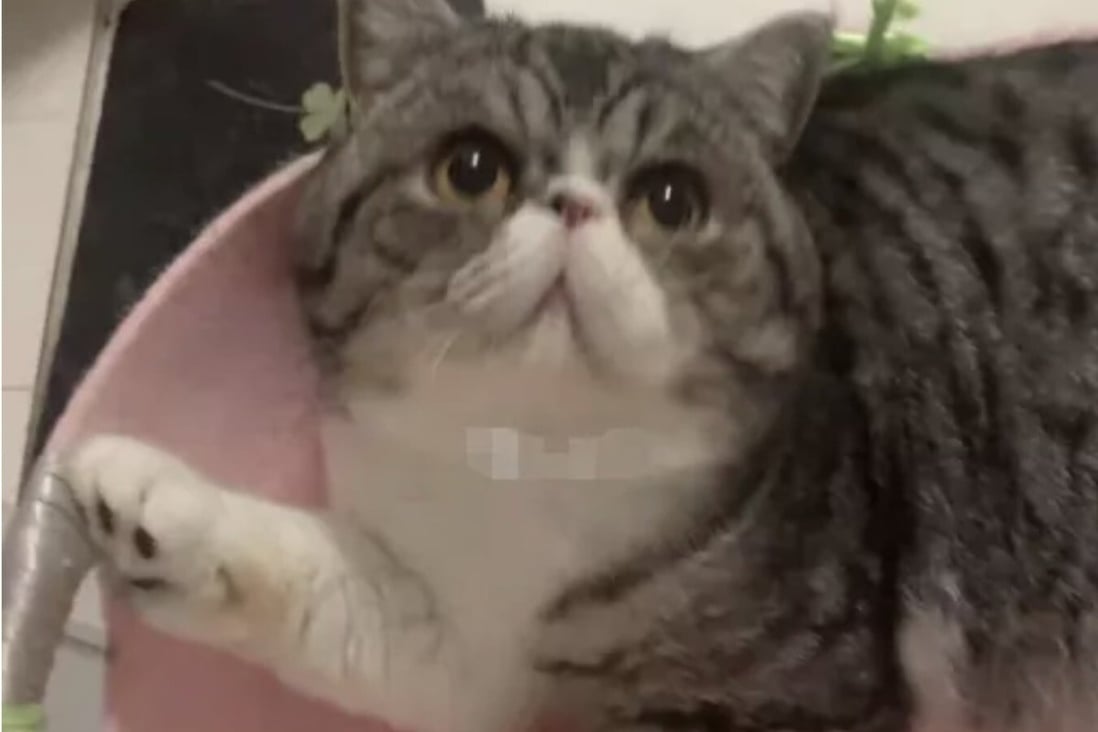
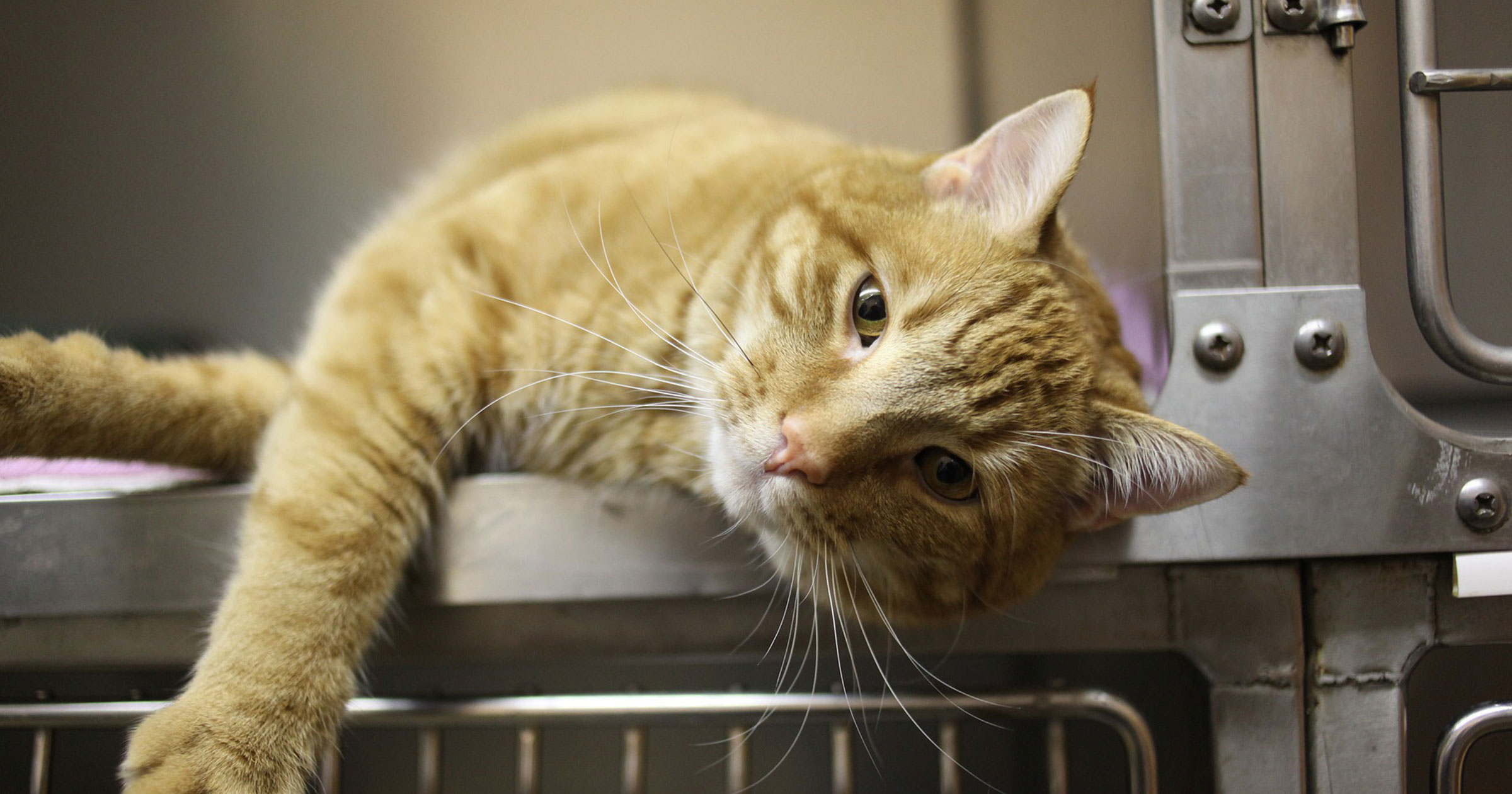


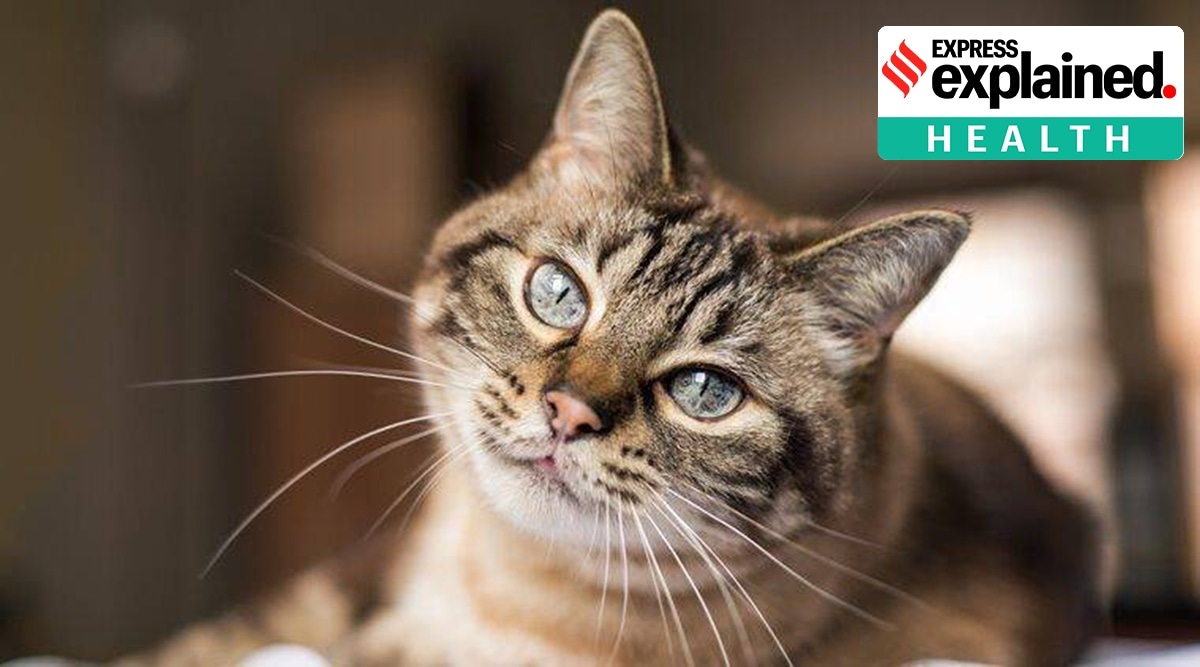
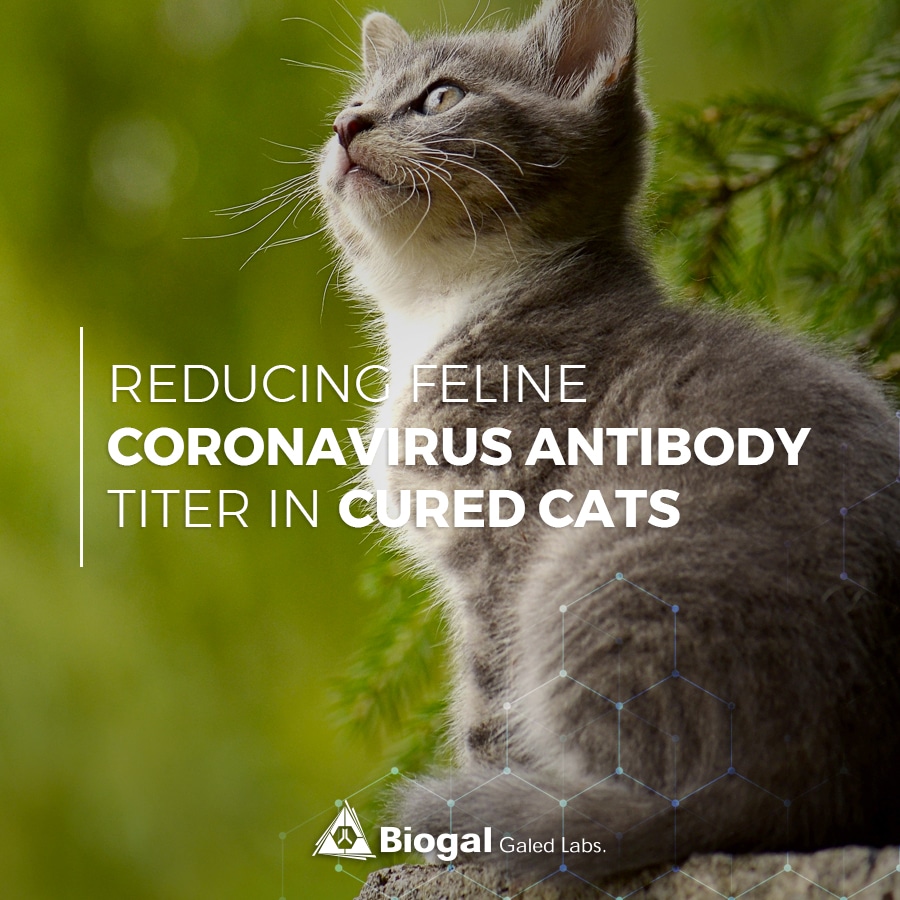
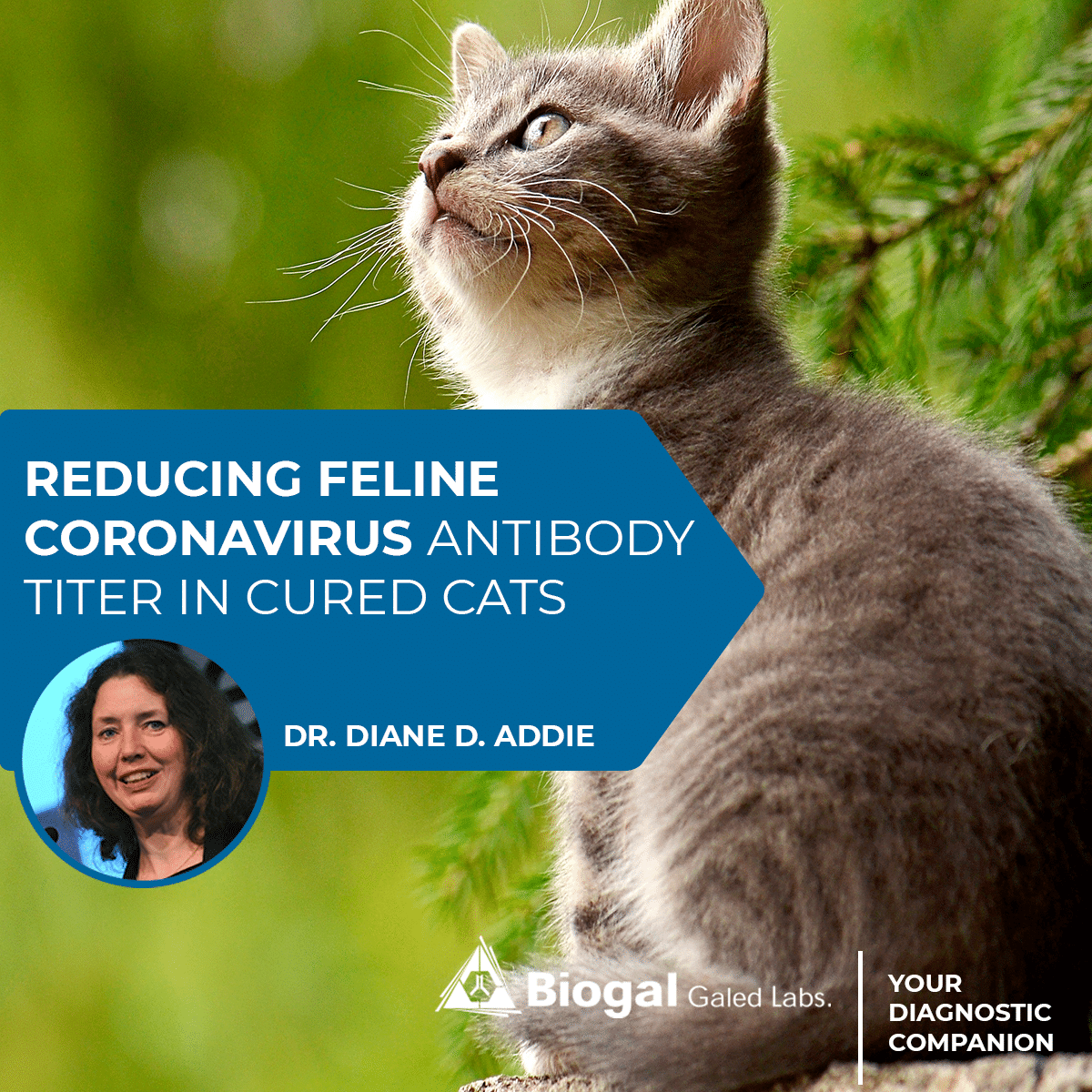
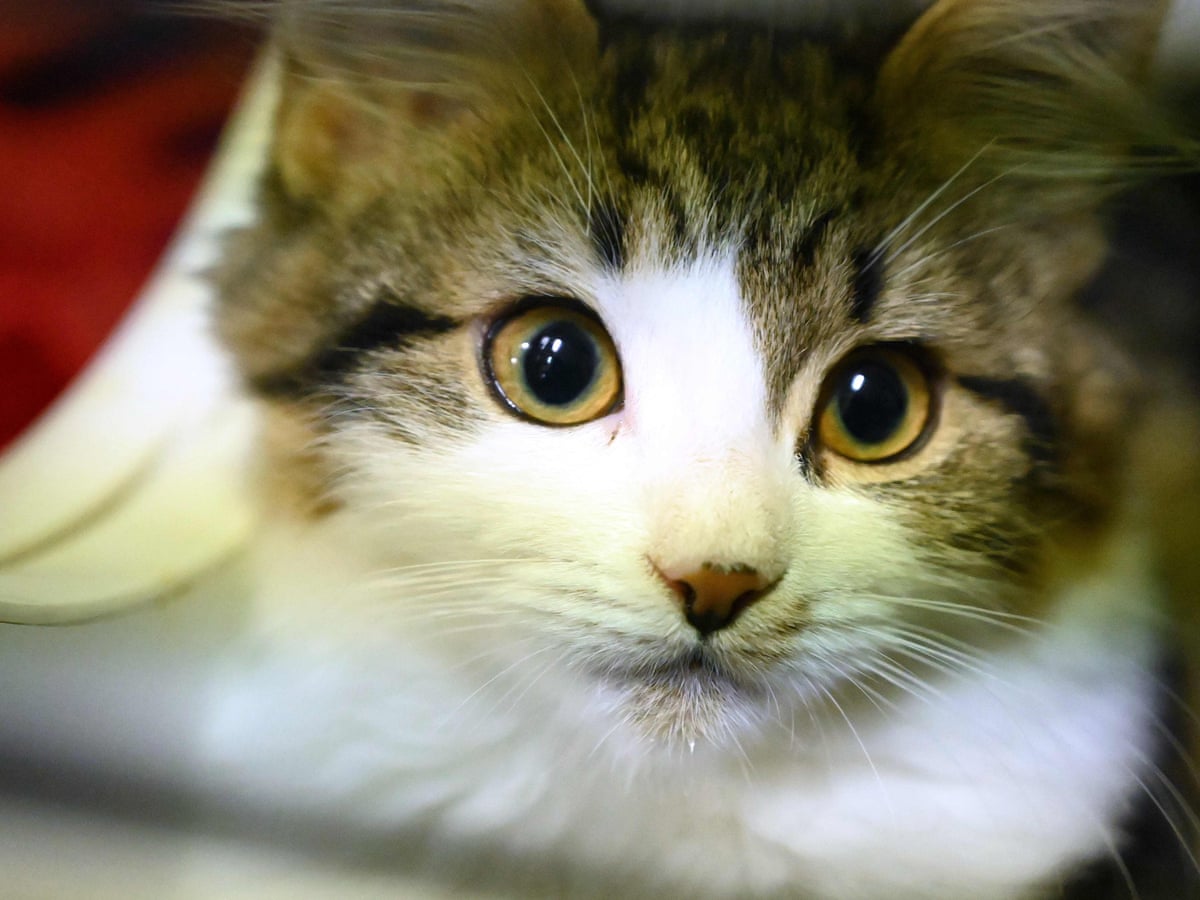
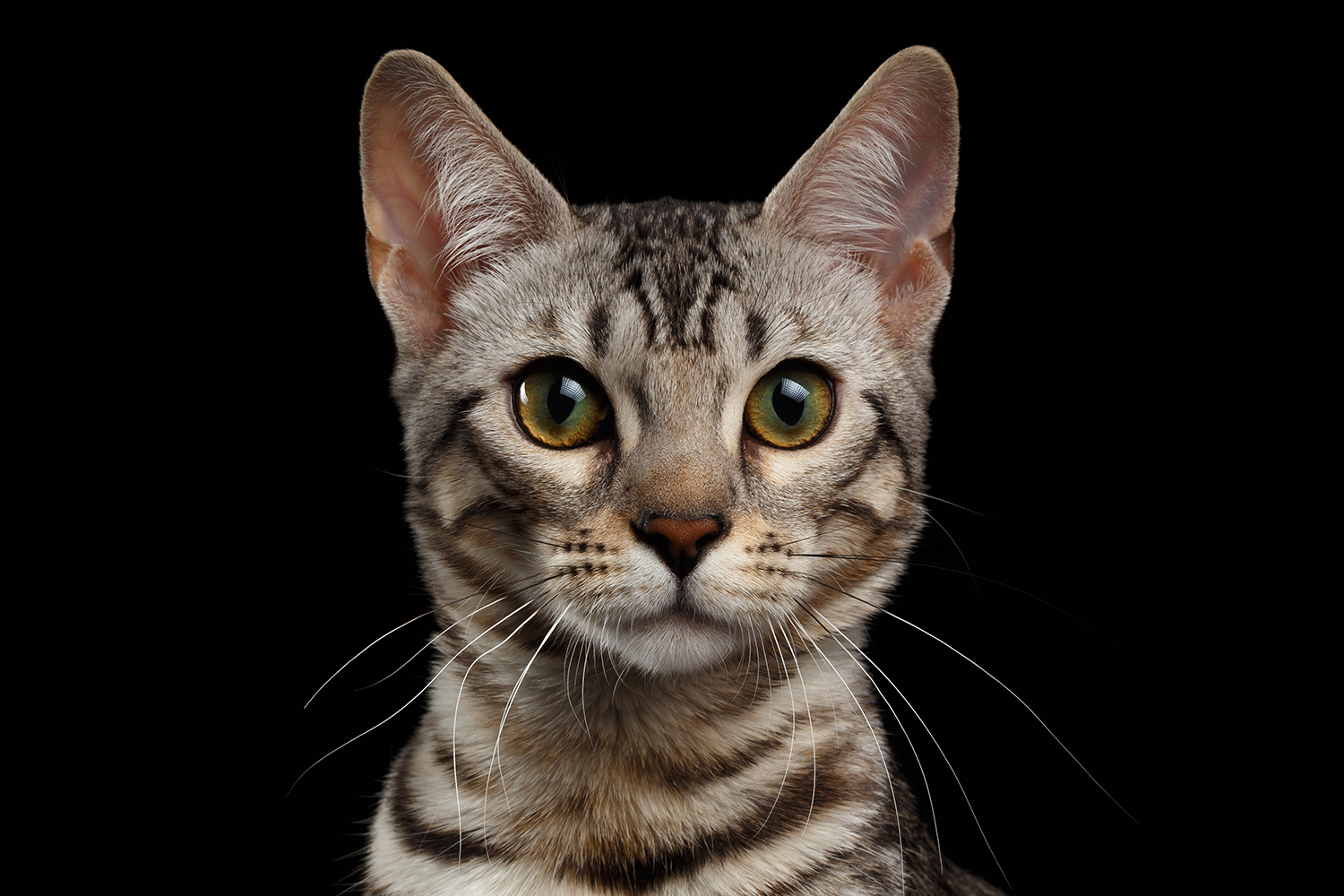
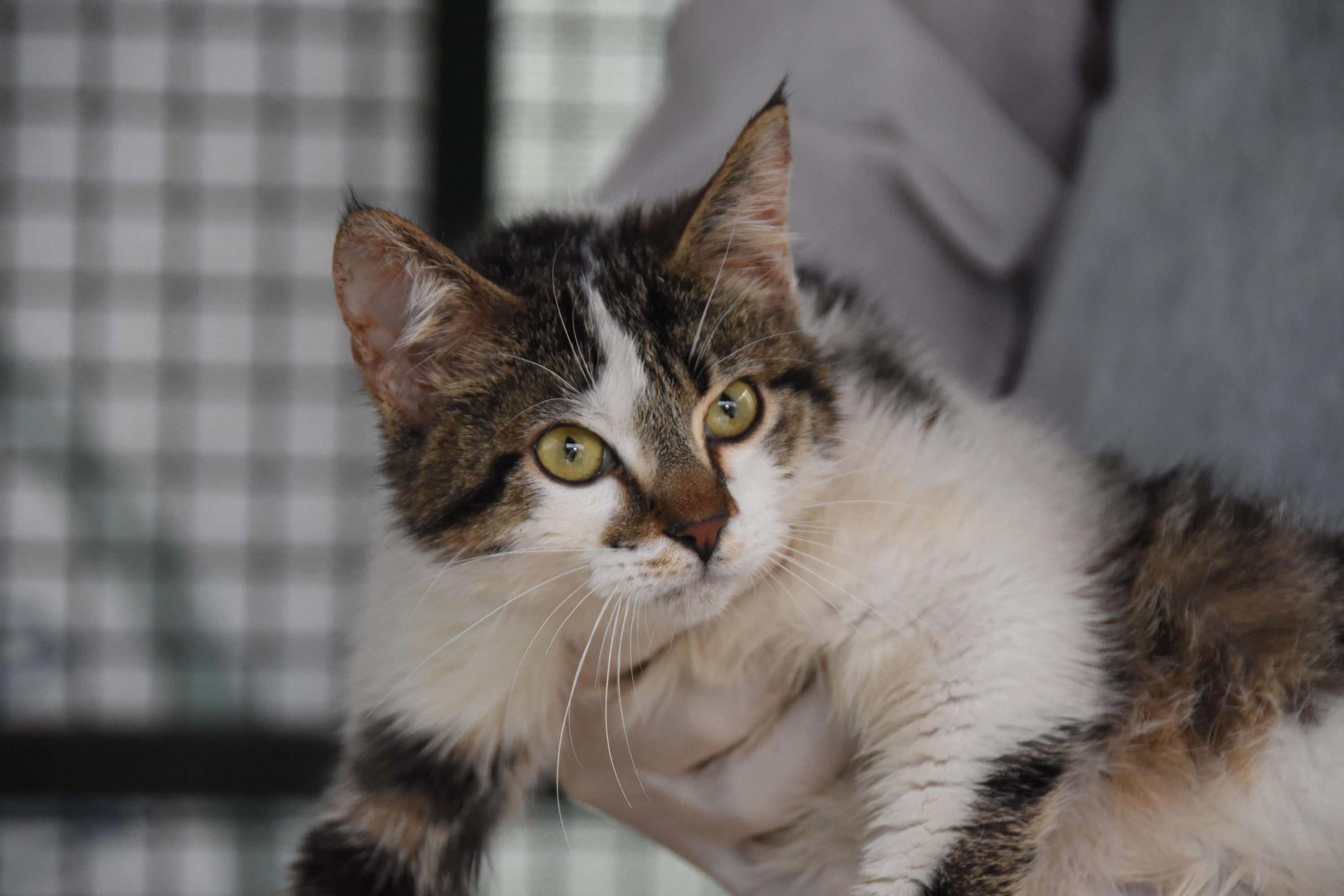
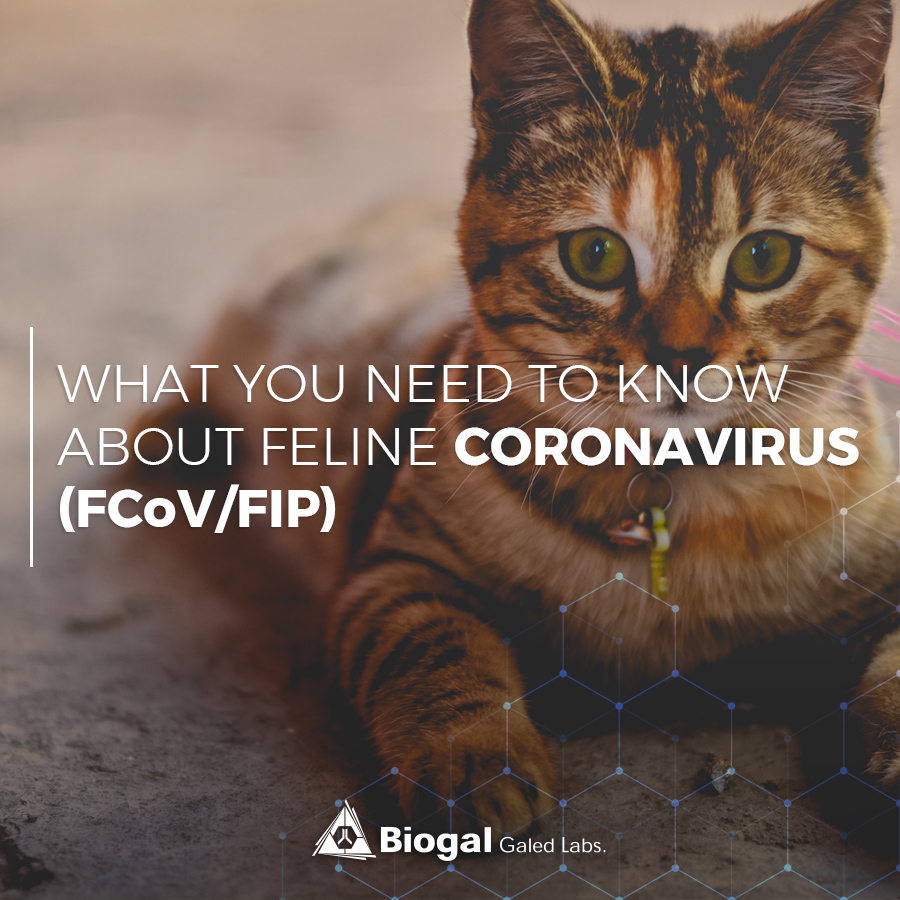
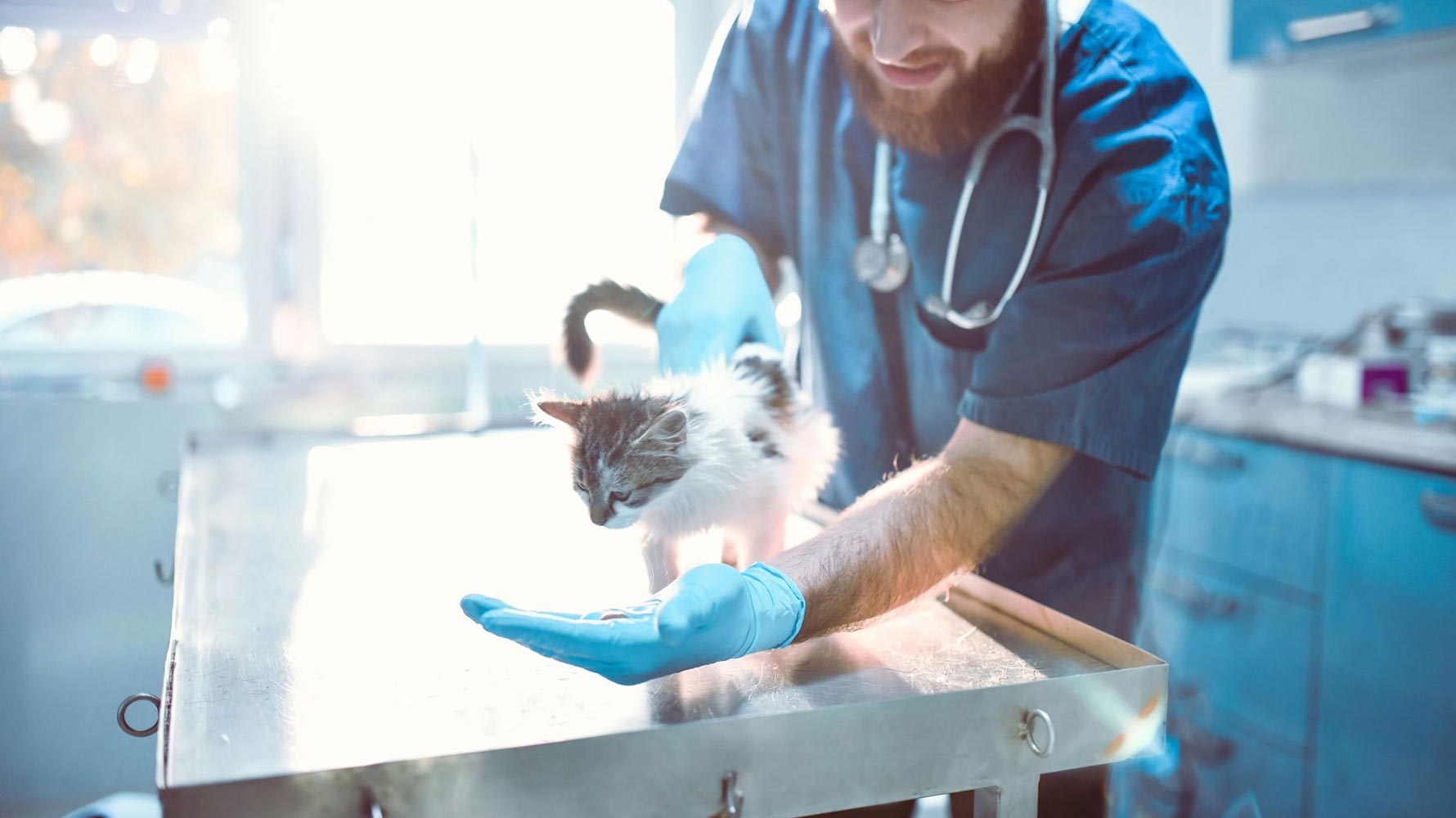
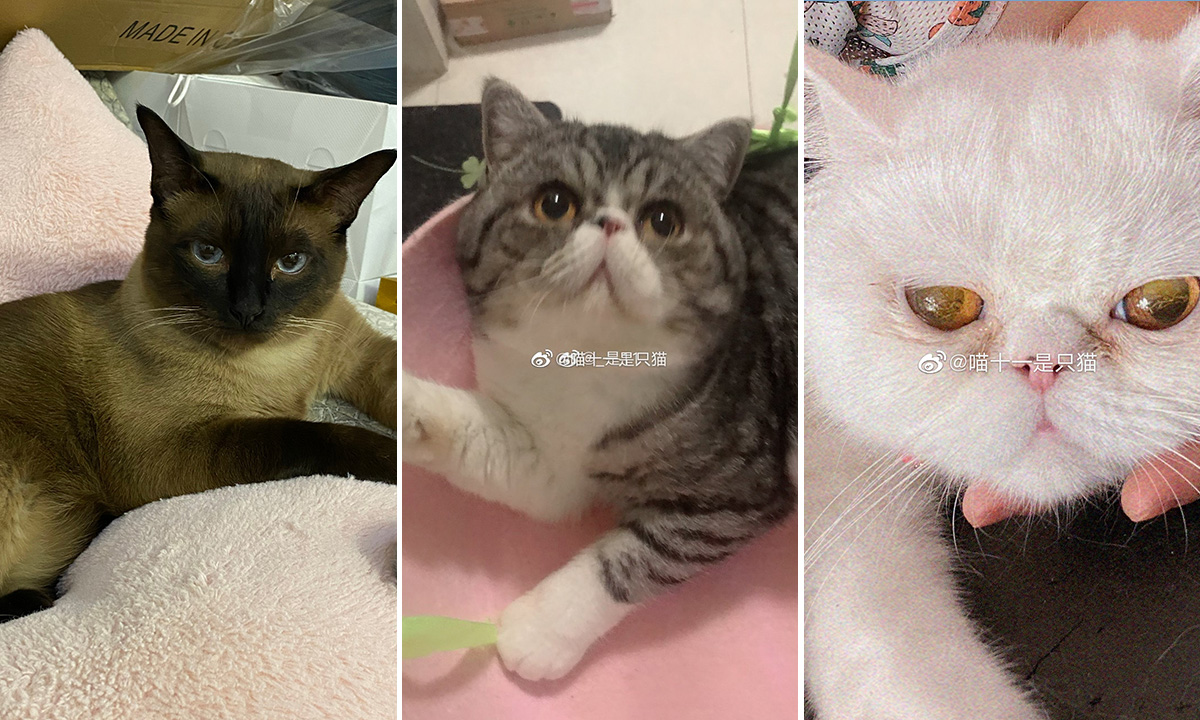
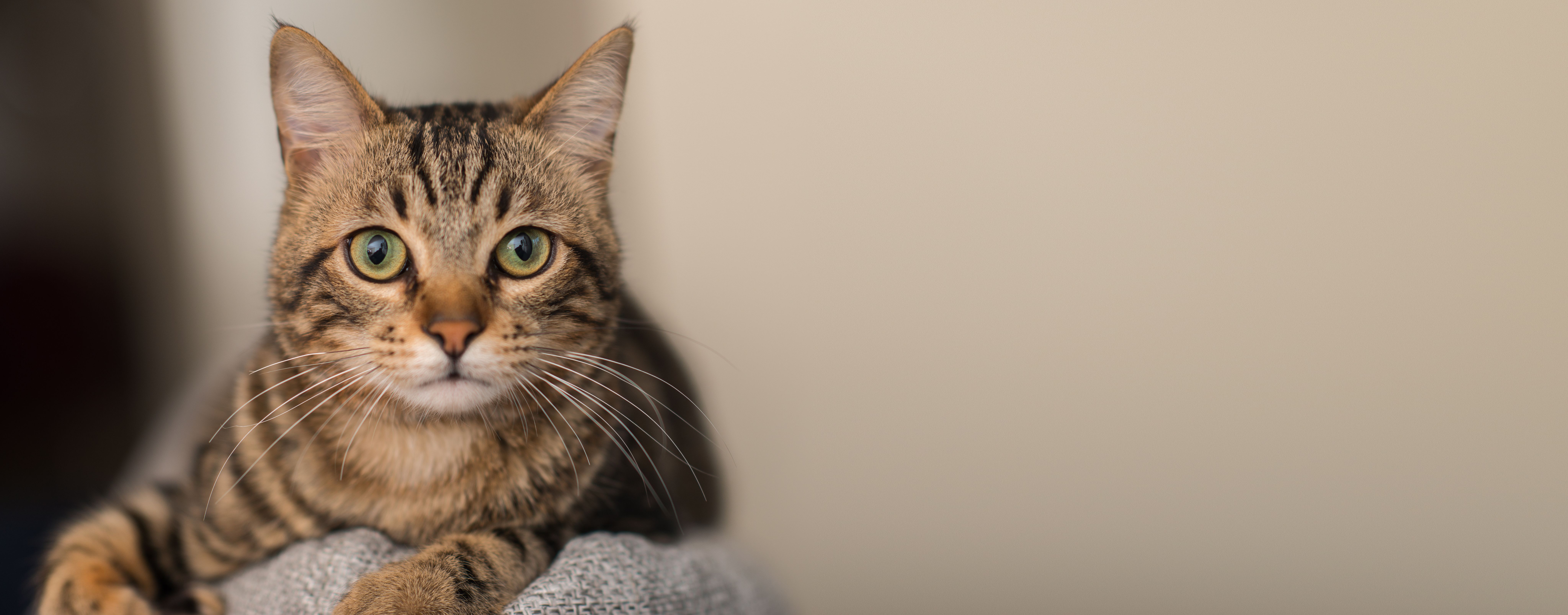
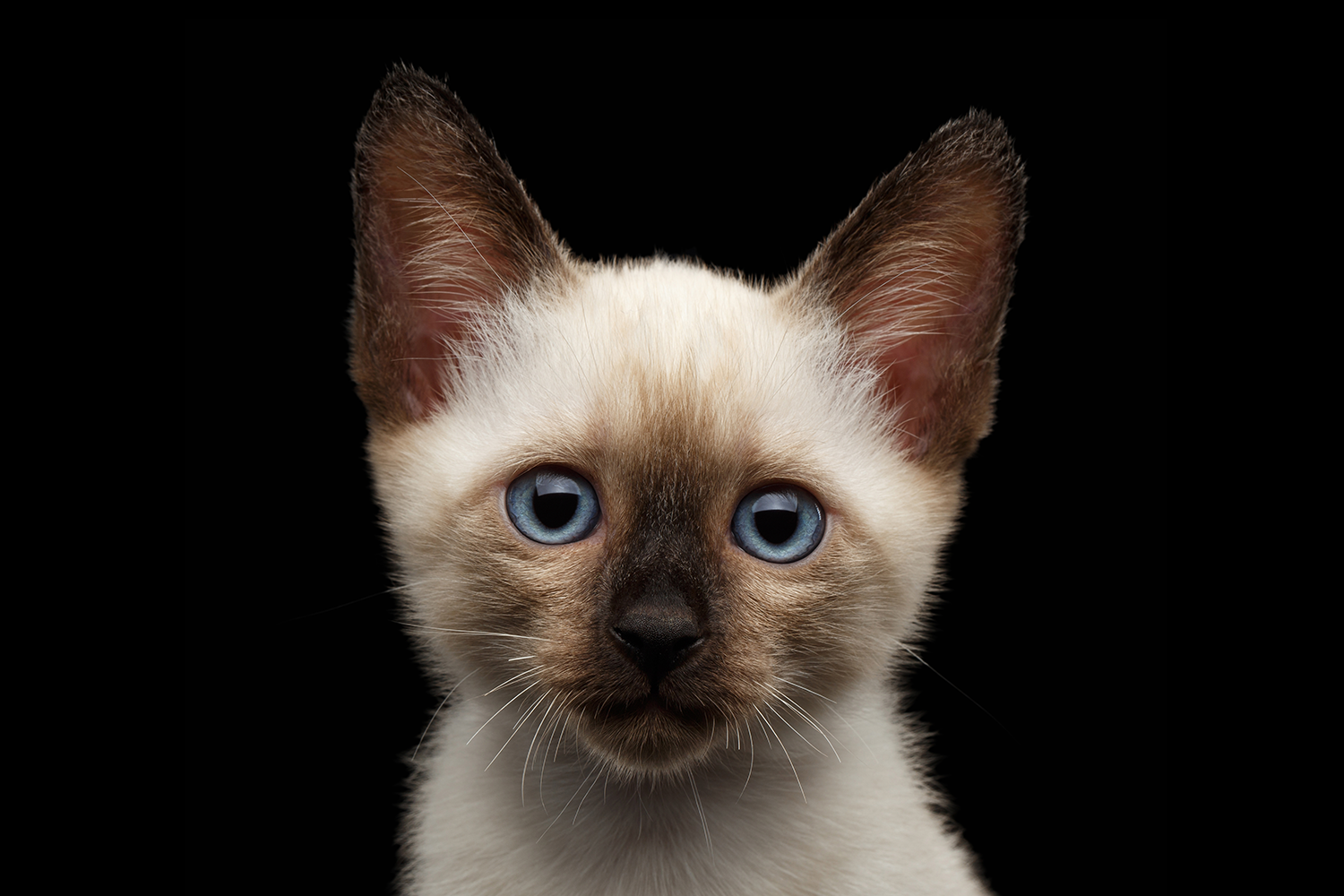

/GettyImages-972196936-c03294a9270b46ca96d5cf89e8b36f3b.jpg)
